

The media landscape has changed, and new players are imposing new strategies on communicators. Shifts in the political environment as well as new technologies are driving this evolution. Meanwhile, a major implication for communications professionals is that their role is widening and becoming far more strategic. Beyond shaping messages for mainstream media, they are obliged to monitor a growing number of actors who possess their own media outlets, and to devise effective channels of dialogue that lead to shared solutions. Meanwhile, a “fake news” industry that respects neither the norms of journalistic discourse, nor minimal professional standards of veracity, increasingly targets businesses.
This programme is offered by Corporate Communication Centre BV. For more information about the legal structure of Rotterdam School of Management, Erasmus University, visit this page.
Media controlled by stakeholder groups stands as a critical yet often overlooked component in corporate communications. Serving as a parallel universe to mainstream media, these entities wield substantial power and influence during corporate and political crises. They operate under distinct rules of engagement, functioning both as allies and adversaries. Our comprehensive course provides you with a navigational map and a robust toolkit, offering insights on analysing and establishing effective dialogues with stakeholder media.
Delve into A-journal, peer-reviewed research sourced from the esteemed INSEAD Stakeholder Media Project, co-founded by our lecturer Mark Hunter. This course draws from benchmark studies, unraveling the methods essential for constructing persuasive, fact-based narratives.
Learn the art of constructing resilient, fact-based narratives capable of withstanding challenges from opposing stakeholders while attracting potential allies.
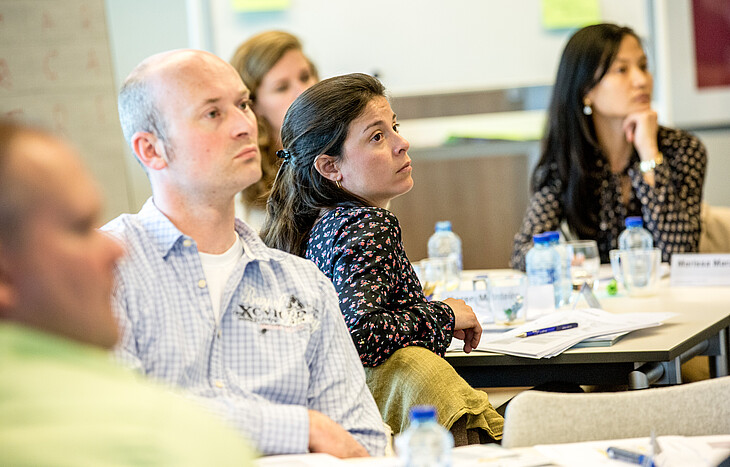



The ways that media impact reputation have grown more diverse in recent years, and the power of those impacts can be unprecedented. Stakeholder-driven media, owned by activists or partisan groups, demonstrated their clout in the US by helping Donald Trump to become President. So did fake news media, a demonstrated threat to leaders like Hillary Clinton or Emmanuel Macron. Firms now have a multitude of channels to communicate directly with stakeholders, yet few are using them well. In this Masterclass we will consider these phenomena from the standpoint of best practices, while keeping in sight an underlying transformation of the communications function, from service to strategic.
This course is for communications professionals who seek new concepts and tools for media and stakeholder engagement and management.
Particularly when you view communications as a strategic function. You benefit from the course if you are a:
Mark Lee Hunter is a recognized innovator as a scholar and media practitioner. He is a founder of the Global Investigative Journalism Network and the lead author of its manual for practitioners, Story-Based Inquiry, published by UNESCO in 2009 and currently available in 14 major and minor languages.
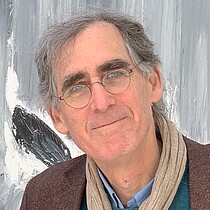
Susie Kuijpers is Global Manager External Communications and PR at Danone. Susie Kuijpers works for the specialized nutrition business of Danone. She is part of the team that is tasked with protecting and building the reputation of the early life nutrition and medical nutrition business and its brands.

Coming soon

The total costs for participation in the Navigating the Stakeholder Media Landscape course are €3,400.
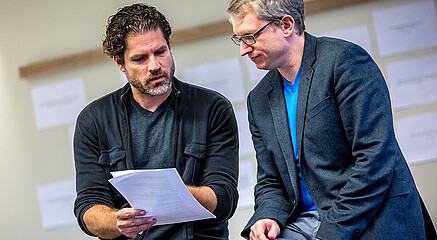
The programme takes place in the Bayle building on the Woudestein Campus of Erasmus University Rotterdam.
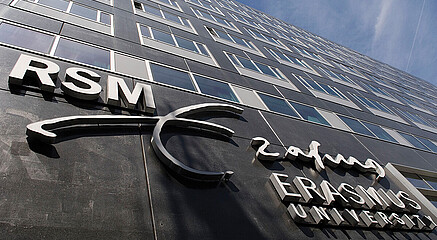
The participant can be substituted by someone from the same organisation on the same course without extra costs.
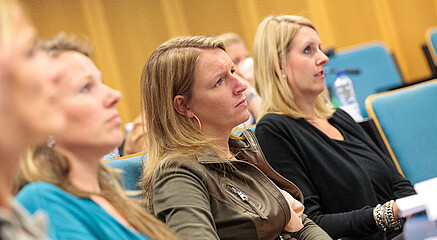
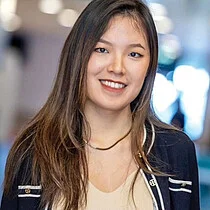
Programme officer
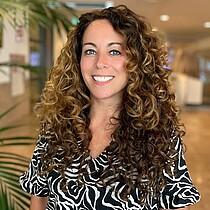
Programme & Admission Advisor